




When it comes to household cleaning, many people are looking for effective and natural alternatives to harsh chemicals. Vinegar and lemon juice are two common ingredients that are often used for cleaning purposes. But can you mix vinegar and lemon juice together for even more cleaning power?
Vinegar, particularly white distilled vinegar, is a versatile cleaning agent that can be used for a variety of tasks. Its acidic nature makes it effective at cutting through grease, grime, and mineral deposits. Additionally, vinegar has antibacterial properties, making it an ideal choice for disinfecting surfaces. Lemon juice, on the other hand, is a natural bleach and deodorizer. Its high acidity can help remove stains and brighten surfaces.
By combining vinegar and lemon juice, you can create a powerful cleaning solution that tackles even the toughest dirt and stains. The acidity of both ingredients work together to break down dirt and grime, while the natural properties of lemon juice help to freshen and brighten surfaces. This homemade cleaning solution is not only effective, but also free of harsh chemicals, making it a safe option for households with children and pets.
However, it’s important to note that vinegar and lemon juice should not be used on all surfaces. The acidity of these ingredients can damage certain materials, such as marble and granite. Additionally, vinegar should never be used on hardwood floors, as it can strip away the finish. Always test the solution on a small, inconspicuous area before using it on a larger surface.
In conclusion, the combination of vinegar and lemon juice can be a powerful cleaning solution for many household tasks. Their acidic properties work together to break down dirt and stains, while the natural properties of lemon juice help to freshen and brighten surfaces. Just be sure to test the solution on a small area and avoid using it on surfaces that may be damaged by the acidity. With these precautions in mind, you can enjoy the cleaning power of vinegar and lemon juice in your home.
Discovering the Benefits of Vinegar and Lemon Juice for Cleaning
1. Natural Cleaning Solutions
Vinegar and lemon juice are two common household ingredients that have long been used for their natural cleaning properties. They are both acidic substances that can help break down dirt, grime, and stains, making them effective alternatives to chemical cleaning products.
2. Antibacterial Properties
Both vinegar and lemon juice have antibacterial properties, which means they can help kill germs and prevent the spread of bacteria. This makes them particularly useful for cleaning surfaces in areas such as kitchens and bathrooms.
3. Stain Removal
Vinegar and lemon juice are known for their stain removing abilities. They can be used to remove stains from clothes, carpets, and upholstery. Simply apply a mixture of vinegar or lemon juice and water to the stain, let it sit for a few minutes, and then rinse or blot the area clean.
4. Deodorizing Effect
Both vinegar and lemon juice have a strong and pleasant scent that can help eliminate odours. They can be used to freshen up areas such as refrigerators, garbage cans, and cutting boards by simply wiping them down with a mixture of vinegar or lemon juice and water.
5. Versatility
One of the greatest benefits of vinegar and lemon juice for cleaning is their versatility. They can be used to clean a wide range of surfaces, including countertops, windows, mirrors, and stainless steel appliances. They can also be combined with other natural ingredients, such as baking soda, to create powerful cleaning solutions.
6. Eco-Friendly Solution
Using vinegar and lemon juice for cleaning is not only effective but also environmentally friendly. Unlike many chemical cleaning products, vinegar and lemon juice are non-toxic and biodegradable, making them a safer choice for both your health and the planet.
7. Cost-Effective
Another advantage of using vinegar and lemon juice for cleaning is that they are affordable alternatives to commercial cleaning products. These common household ingredients are readily available and cost much less than many store-bought cleaners.
Conclusion
In conclusion, vinegar and lemon juice are powerful and versatile cleaning agents that offer a range of benefits. Whether you’re looking to remove stains, kill bacteria, or simply freshen up your space, these natural ingredients can help you achieve a clean and healthy home while minimizing your environmental impact.
The Natural Cleaning Power of Vinegar
Vinegar is a versatile and natural cleaning solution that has been used for centuries. It is a mild acid, which gives it its effective cleaning properties. When combined with other natural ingredients, such as lemon juice, vinegar can become even more powerful.
Why Vinegar is a Good Cleaning Agent
Vinegar has several properties that make it effective for cleaning:
- Acidity: Vinegar’s acidity helps to dissolve dirt, grime, and mineral deposits.
- Antibacterial properties: Vinegar has natural antibacterial properties, making it effective at killing certain types of bacteria.
- Deodorizing properties: Vinegar can help neutralize odors and freshen up the air.
- Gentle on surfaces: Vinegar is generally safe to use on a variety of surfaces, including glass, countertops, and floors.
Using Vinegar for Cleaning
Vinegar can be used for a wide range of cleaning tasks around the house. Here are a few examples:
- All-purpose cleaner: Mix equal parts vinegar and water in a spray bottle. Use this solution to clean countertops, appliances, and other surfaces.
- Glass cleaner: Mix one part vinegar with two parts water in a spray bottle. Use this solution to clean windows and mirrors.
- Toilet cleaner: Pour vinegar into the toilet bowl and let it sit for a few minutes. Scrub with a toilet brush and flush.
- Stain remover: Mix vinegar with baking soda to create a paste. Apply the paste to stains on fabric and let it sit for a few minutes before washing.
Benefits of Using Vinegar for Cleaning
There are several benefits to using vinegar as a cleaning agent:
- Natural and non-toxic: Vinegar is a natural alternative to harsh chemical cleaners, making it safer for both you and the environment.
- Cost-effective: Vinegar is an inexpensive cleaning solution compared to many commercial products.
- Versatile: Vinegar can be used for a variety of cleaning tasks, reducing the need for multiple cleaning products.
Overall, vinegar is a powerful and natural cleaning agent that can be used effectively on a variety of surfaces. Whether you are cleaning windows, freshening up the air, or removing stains, vinegar is a versatile and eco-friendly option to consider.
The Antibacterial Properties of Lemon Juice
Lemon juice is not only a popular ingredient in cooking and baking, but it also possesses antibacterial properties that make it a useful tool in cleaning and sanitizing various surfaces.
Lemon Juice as a Natural Disinfectant
One of the key components in lemon juice that contributes to its antibacterial properties is citric acid. Citric acid has been found to have antimicrobial effects against a variety of bacteria, including Escherichia coli (E. coli) and Staphylococcus aureus (S. aureus).
Research studies have shown that lemon juice has the ability to inhibit the growth of bacteria by breaking down their cell membranes and disrupting their internal components. This makes it an effective natural alternative to chemical disinfectants.
Lemon Juice for Cleaning Surfaces
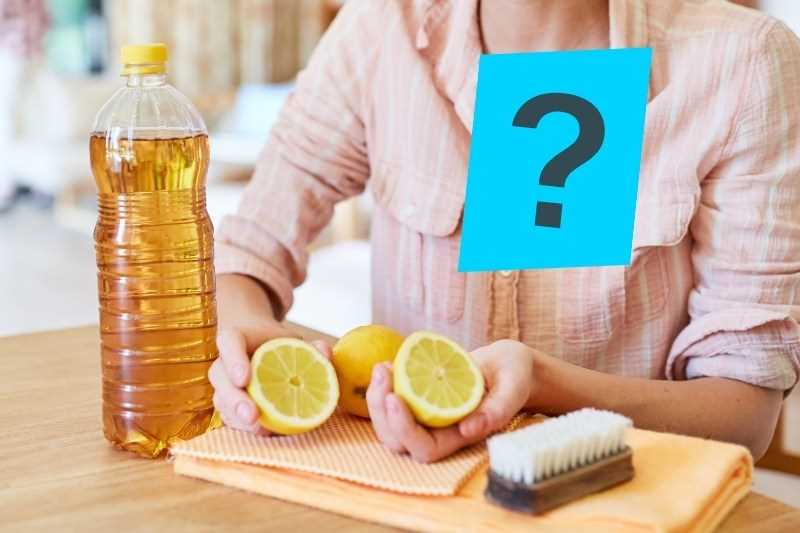
Lemon juice can be used as a disinfectant for various surfaces in your home. It can be mixed with water and sprayed onto countertops, cutting boards, and other food preparation areas to help kill bacteria and prevent cross-contamination.
Additionally, lemon juice can be used to clean and freshen up your microwave. Simply mix lemon juice with water in a microwave-safe bowl and heat it for a few minutes. The steam generated will help loosen any stuck-on food particles, and the antibacterial properties of the lemon juice will help eliminate odors and kill bacteria.
Precautions and Limitations
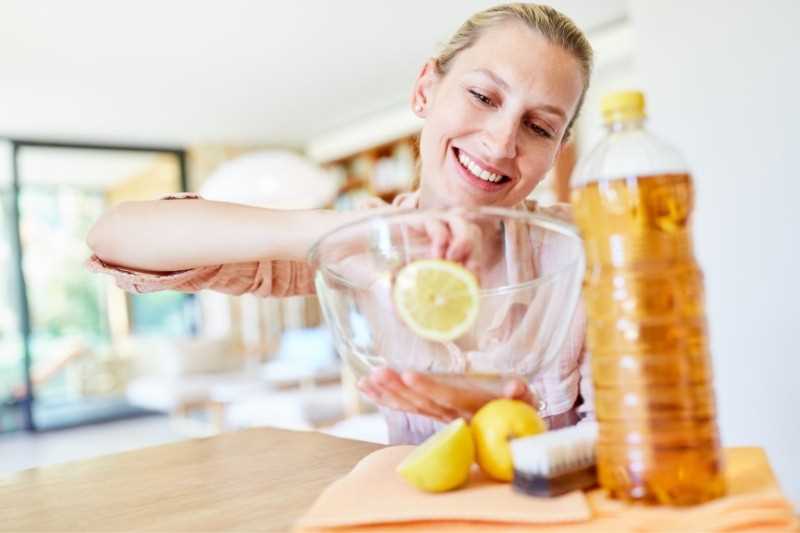
While lemon juice can be an effective natural disinfectant, it is important to note a few precautions and limitations.
- Lemon juice may not be as potent as commercial disinfectants, so it may not be suitable for situations that require high-level disinfection.
- It is important to test lemon juice on a small, inconspicuous area before using it on delicate surfaces to ensure that it does not cause any damage or discoloration.
- Lemon juice should not be used on marble or other natural stone surfaces, as the acid can etch or damage the surface.
- Always follow proper food safety practices, even when using lemon juice as a disinfectant for food preparation surfaces.
- It is important to thoroughly rinse surfaces after using lemon juice to remove any residue.
In Summary
Lemon juice possesses antibacterial properties due to its citric acid content. It can be used as a natural disinfectant for various surfaces in your home, but it may not be as potent as commercial disinfectants. It is important to take precautions and limitations into consideration when using lemon juice for cleaning purposes.
Mixing Vinegar and Lemon Juice for Enhanced Cleaning
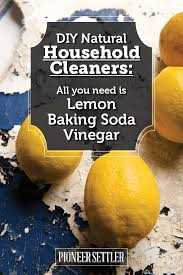
If you’re looking for an effective and natural cleaning solution, look no further than vinegar and lemon juice. Both vinegar and lemon juice have powerful cleaning properties on their own, but when combined, they can create an even more effective cleaning solution. Here’s how you can mix vinegar and lemon juice for enhanced cleaning:
1. All-purpose cleaner
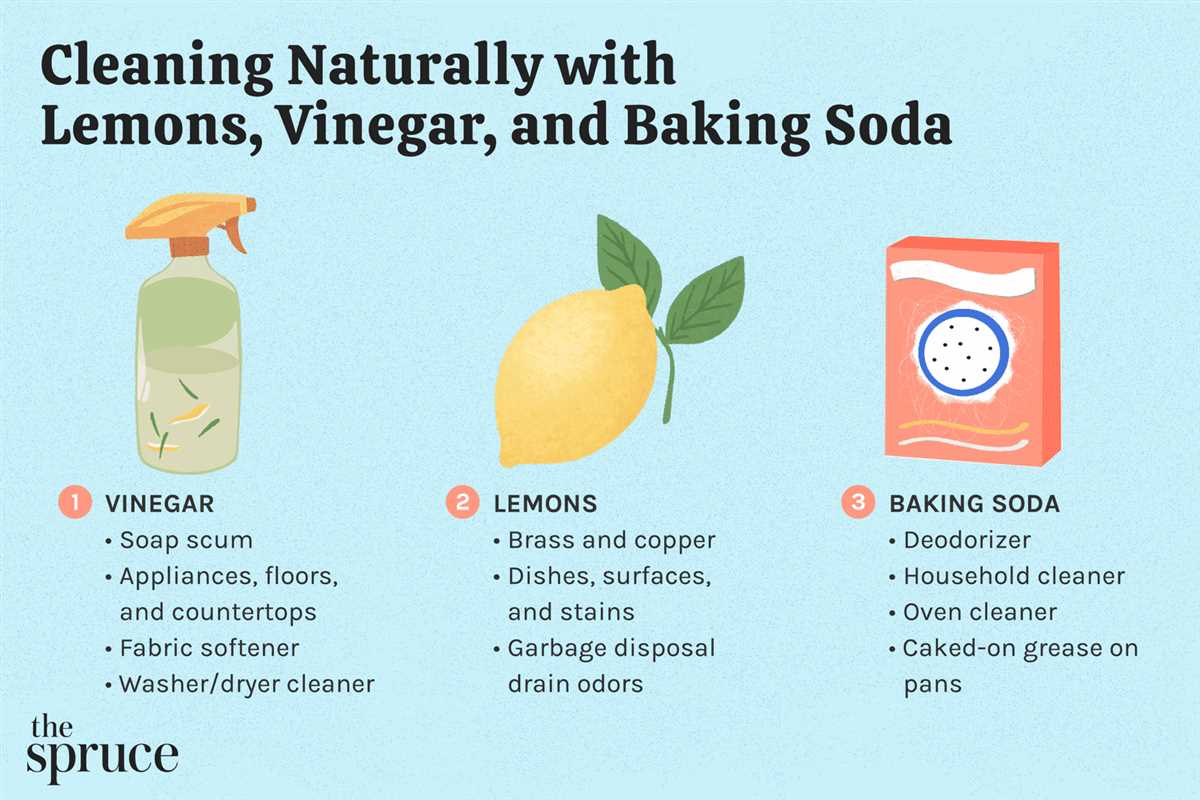
Mix equal parts vinegar and lemon juice in a spray bottle and use it as an all-purpose cleaner. This solution is great for cleaning countertops, sinks, and other surfaces. The acidity in vinegar and lemon juice helps break down grease and grime, leaving your surfaces clean and shiny.
2. Toilet bowl cleaner
To clean and deodorize your toilet bowl, mix 1 cup of vinegar and the juice of one lemon. Pour the mixture into the toilet bowl and let it sit for a few hours or overnight. The acidic properties of vinegar and lemon juice will help remove stains and eliminate odors, leaving your toilet bowl fresh and clean.
3. Glass cleaner
Mix equal parts vinegar and lemon juice in a spray bottle and use it as a glass cleaner. The acidity in vinegar and lemon juice helps dissolve dirt and grime on glass surfaces, leaving them streak-free and sparkling clean.
4. Stainless steel cleaner
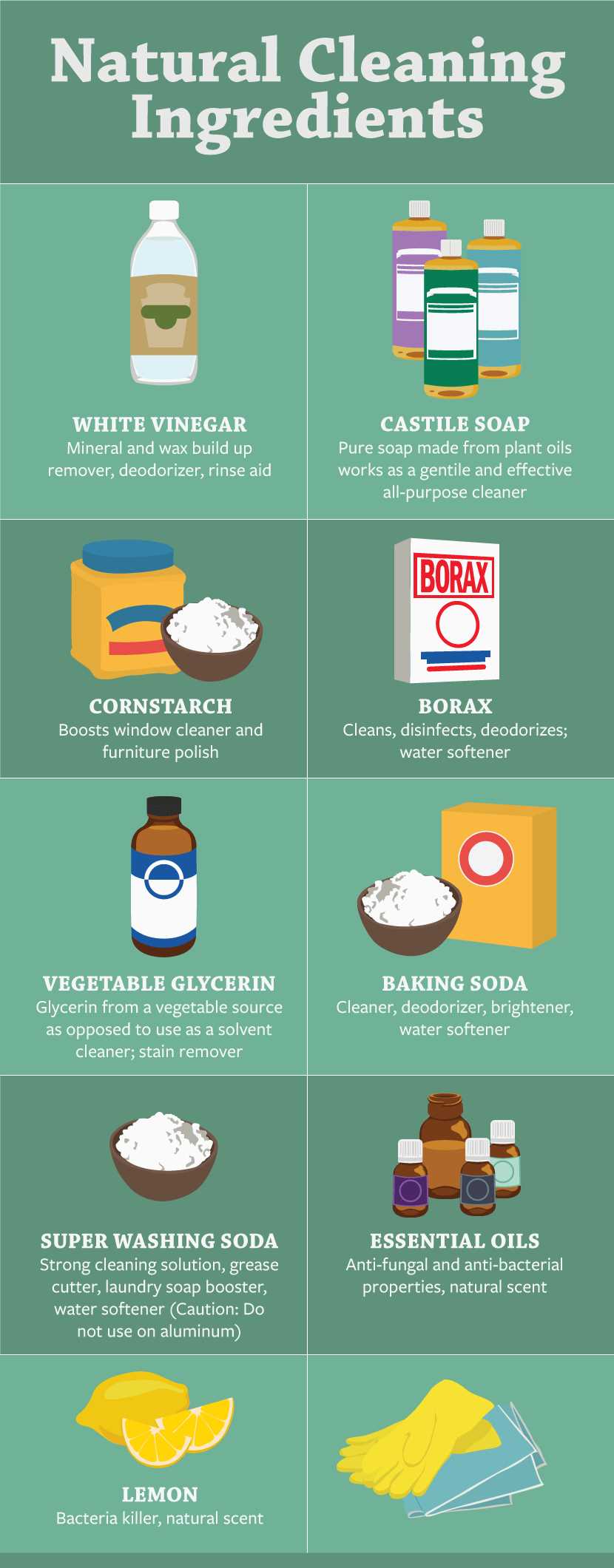
If you have stainless steel appliances or fixtures in your home, vinegar and lemon juice can be used to clean and shine them. Mix equal parts vinegar and lemon juice in a spray bottle and spray the solution onto the stainless steel surface. Wipe it clean with a microfiber cloth for a polished finish.
5. Disinfectant
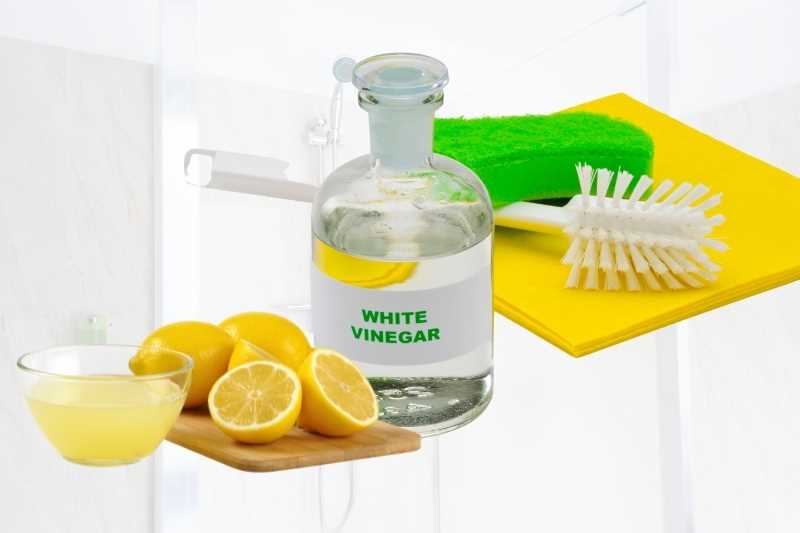
Vinegar and lemon juice can also act as natural disinfectants. The acidity in both ingredients helps kill bacteria and viruses. Mix equal parts vinegar and lemon juice in a spray bottle and use it to disinfect surfaces, such as kitchen countertops or cutting boards.
Remember to always test the solution on a small, inconspicuous area before using it on a larger surface. While vinegar and lemon juice are safe to use on most surfaces, they may cause damage to sensitive materials like marble or certain types of wood.
So the next time you need a powerful cleaning solution, consider mixing vinegar and lemon juice for enhanced cleaning. Not only are these ingredients natural and eco-friendly, but they also provide effective results.
Common Household Cleaning Uses for Vinegar and Lemon Juice
Cleaning Countertops and Surfaces
Vinegar and lemon juice can be excellent natural cleaners for countertops and surfaces. Mix equal parts vinegar and lemon juice in a spray bottle, and use it to wipe down your countertops, cutting boards, and other surfaces. The acidity of both vinegar and lemon juice helps to break down grease and grime, while also disinfecting the area.
Removing Stains
If you have stains on your clothing or upholstery, vinegar and lemon juice can help remove them. For fresh stains, soak the affected area in a mixture of equal parts vinegar and lemon juice for about 15 minutes before rinsing and washing as usual. For older stains, you can try applying a paste made from vinegar, lemon juice, and baking soda, letting it sit for a few hours, and then scrubbing gently before washing.
Deodorizing and Freshening
Vinegar and lemon juice both have natural deodorizing properties that can help freshen up your home. For a simple air freshener, mix equal parts vinegar and lemon juice in a bowl and place it in the room. The mixture will help neutralize odors and leave the space smelling fresh. You can also use a mixture of vinegar and lemon juice to remove odors from fabrics, such as carpets, curtains, and furniture upholstery.
Unclogging Drains
If you have a clogged drain, a combination of vinegar and lemon juice can help clear it. Pour about half a cup of baking soda down the drain, followed by half a cup of vinegar and lemon juice. Let the mixture sit for about 10 minutes, then flush with hot water. The mixture will dissolve any buildup and help dislodge clogs, keeping your drains clear and flowing smoothly.
Polishing and Cleaning Glass
When it comes to cleaning glass surfaces, vinegar and lemon juice can be a great alternative to chemical-based glass cleaners. Mix equal parts vinegar and lemon juice in a spray bottle and spray it onto windows, mirrors, and glass surfaces. Use a microfiber cloth or newspaper to wipe the surface clean. The acidity of the mixture helps to remove dirt and grime, leaving your glass surfaces streak-free and shiny.
Cleaning In the Kitchen
Vinegar and lemon juice can be highly effective for cleaning various kitchen areas. Use a mixture of vinegar and lemon juice to clean and disinfect your fridge, microwave, and cutting boards. The natural acidity of the ingredients will help break down food residue, eliminate odors, and kill bacteria. You can also use vinegar and lemon juice to descale coffee makers and remove stains from tea kettles.
Disinfecting and Sanitizing
The combination of vinegar and lemon juice can also be used as a natural disinfectant and sanitizer. Mix equal parts vinegar and lemon juice with water in a spray bottle and use it to clean and disinfect surfaces, such as doorknobs, light switches, and bathroom fixtures. The acidity of the mixture helps kill germs and bacteria, making it a safe and effective cleaning solution.
| Uses | Vinegar | Lemon Juice |
|---|---|---|
| Cleaning Countertops and Surfaces | ✓ | ✓ |
| Removing Stains | ✓ | ✓ |
| Deodorizing and Freshening | ✓ | ✓ |
| Unclogging Drains | ✓ | ✓ |
| Polishing and Cleaning Glass | ✓ | ✓ |
| Cleaning In the Kitchen | ✓ | ✓ |
| Disinfecting and Sanitizing | ✓ | ✓ |
Both vinegar and lemon juice have numerous cleaning uses in the household. Whether you need to clean countertops, remove stains, freshen up your home, clear clogged drains, polish glass, clean your kitchen, or disinfect surfaces, vinegar and lemon juice can be versatile and effective natural cleaning agents.
Safety Precautions and Other Considerations
1. Ventilation
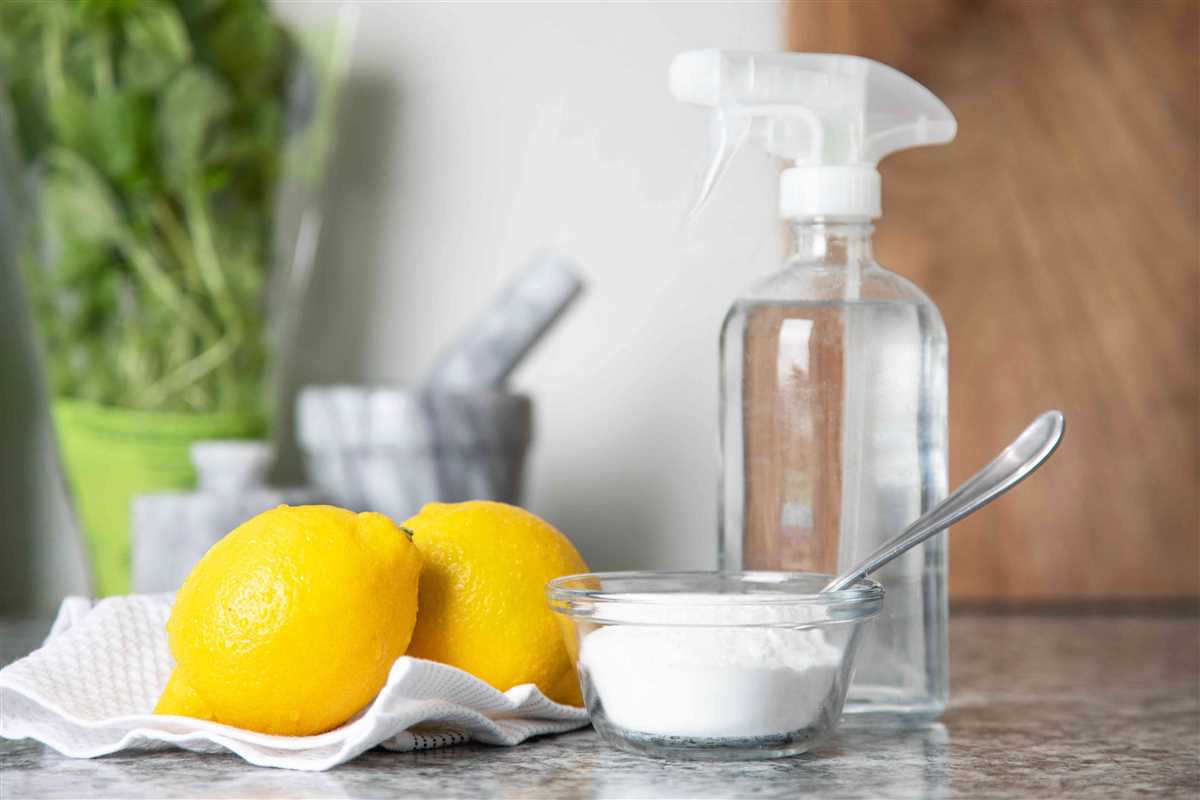
When mixing vinegar and lemon juice for cleaning purposes, it is essential to ensure proper ventilation in the area where you are working. Both vinegar and lemon juice can produce strong odors, which can be overwhelming in a closed space. Open windows and doors to allow fresh air to circulate and prevent any respiratory discomfort.
2. Skin and Eye Protection
It is advisable to wear gloves and safety goggles when handling vinegar and lemon juice cleaning solutions. These solutions can cause skin irritation, especially if you have sensitive skin or any existing cuts or wounds. Additionally, direct contact with the eyes may cause irritation or stinging.
3. Testing on Surfaces
Before using vinegar and lemon juice solutions on any surface, it is recommended to test a small, inconspicuous area first. Different surfaces may react differently to these acidic cleaning agents. Testing will help you determine whether it is safe to use the solution on a larger area without causing any damage or discoloration.
4. Not Suitable for All Surfaces
Vinegar and lemon juice should not be used on certain surfaces, such as marble, granite, and other natural stones. The acidic nature of these substances can etch or damage the surface. Additionally, they may also discolor or stain certain fabrics or carpets. Always check the manufacturer’s guidelines or consult a professional before using vinegar and lemon juice on any specific surface or material.
5. Dilution
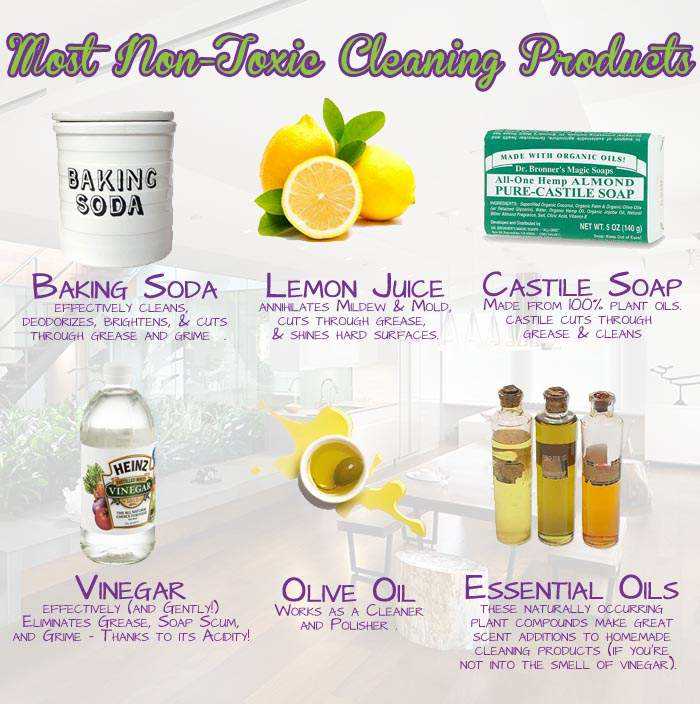
It is important to dilute vinegar and lemon juice with water before using them for cleaning. This helps reduce their acidity and minimize the risk of damage to surfaces. A recommended ratio is a 1:1 mixture of vinegar or lemon juice with water. However, for more delicate surfaces, a higher ratio of water to vinegar/lemon juice may be required.
6. Storage
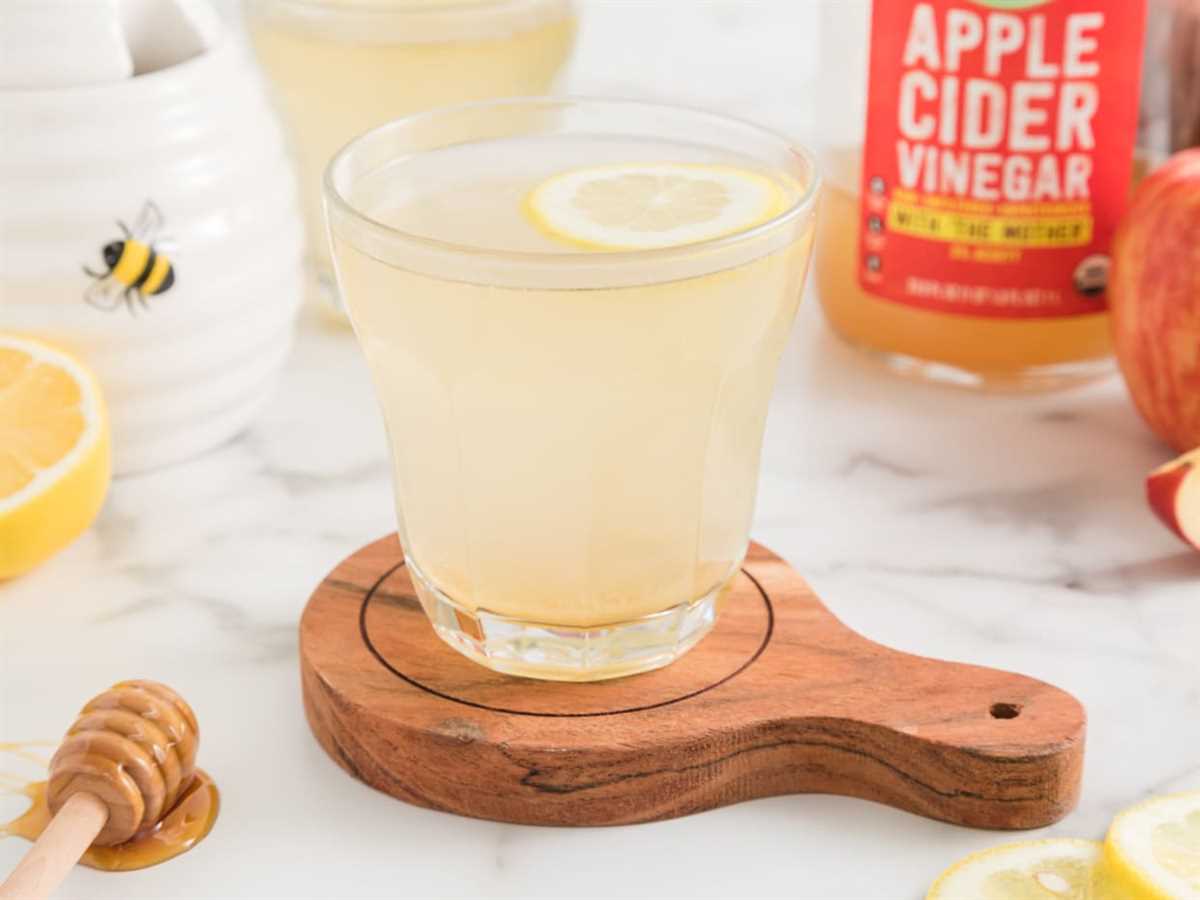
Store vinegar and lemon juice cleaning solutions in properly labeled containers, away from children and pets. Ensure that they are tightly sealed to prevent accidental spills or leaks. It is also important to keep them away from heat sources and direct sunlight, as exposure to these elements can degrade their effectiveness over time.
By following these safety precautions and considerations, you can effectively and safely use vinegar and lemon juice for cleaning various surfaces in your home.
FAQ
Can I mix vinegar and lemon juice together to clean my kitchen?
Yes, you can mix vinegar and lemon juice together to create a natural cleaning solution for your kitchen. These two ingredients have powerful cleaning properties and when combined, they can effectively remove grease, stains, and odors from various surfaces.
How do I make a vinegar and lemon juice cleaning solution?
To make a vinegar and lemon juice cleaning solution, you will need equal parts of vinegar and lemon juice. Mix them together in a spray bottle and shake well to combine. You can then use this mixture to clean your kitchen countertops, appliances, and other surfaces.
What are the benefits of using vinegar and lemon juice for cleaning?
Vinegar and lemon juice are natural cleaning agents that are safe for both the environment and your health. They are effective in removing dirt, grime, and stains from various surfaces. Additionally, both ingredients have antimicrobial properties, which can help to kill bacteria and disinfect your kitchen.
Can vinegar and lemon juice damage certain surfaces?
While vinegar and lemon juice are safe to use on most surfaces, they can potentially damage certain materials such as natural stone, marble, and brass. It is always recommended to test the solution on a small, inconspicuous area before using it on a larger surface.












